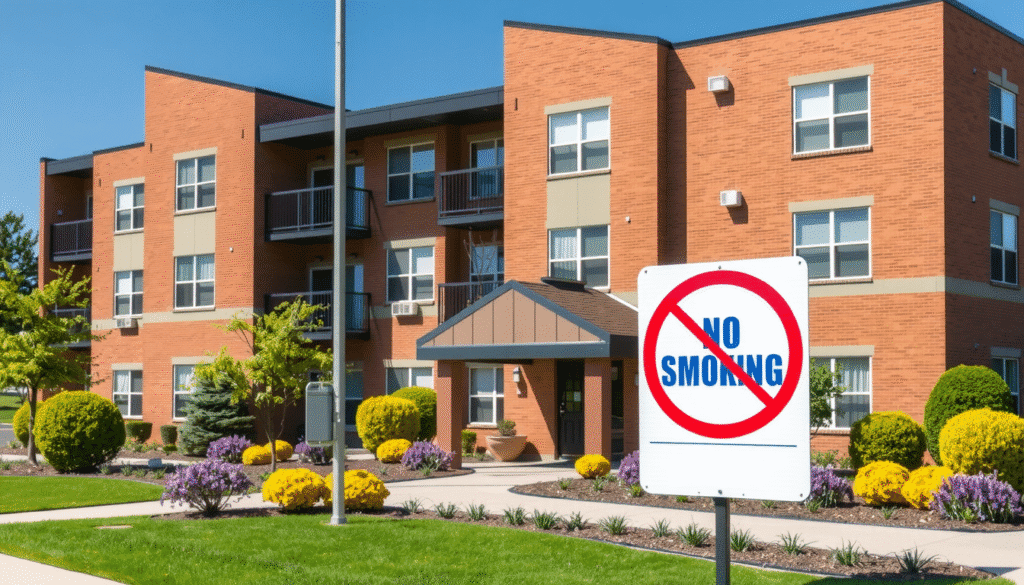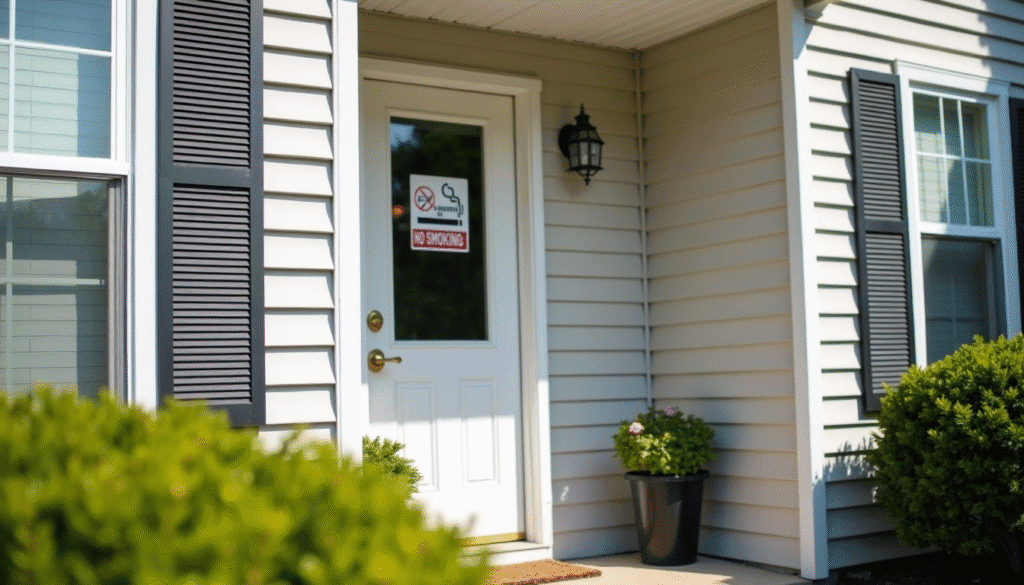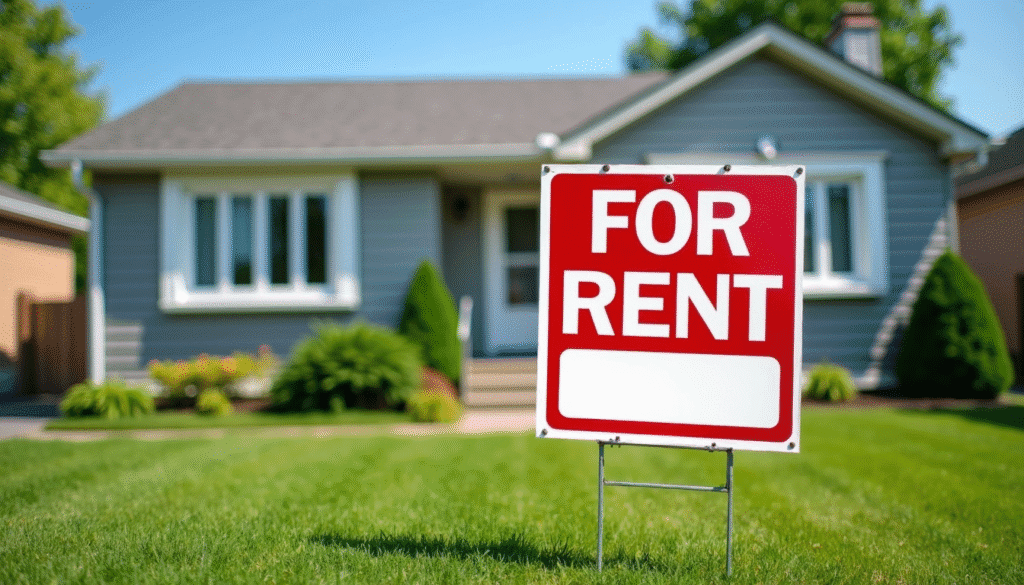Introduction
Managing rental properties can be both rewarding and challenging. Whether you’re a seasoned investor or a first-time landlord, effective property management is crucial for success. In this blog post, we’ll explore key steps to help you navigate the world of rental property management wisely.
1. Set the Right Rent
Determining the optimal rent for your property is a critical first step. Consider factors such as location, property size, amenities, and market demand. Research comparable properties in your area to establish a fair market rent. Remember, setting the right rent ensures a steady income stream while attracting quality tenants.
2. Market and Screen Tenants
Effective tenant management starts with finding reliable renters. Here’s how:
- Marketing: Use online platforms, social media, and local advertising to promote your property. Highlight its unique features and benefits.
- Screening: Screen potential tenants thoroughly. Check their rental history, credit score, employment stability, and references. A rigorous screening process reduces the risk of problematic tenants.
3. Inspect and Maintain the Property
Maintaining your property ensures tenant satisfaction and preserves its value. Follow these guidelines:
- Regular Inspections: Conduct routine inspections to identify any issues early. Address maintenance needs promptly to prevent costly repairs down the line.
- Seasonal Maintenance: Service heating and cooling systems, clean gutters, and prepare for changing weather conditions. Proactive maintenance saves money and keeps tenants happy.
4. Enforce Lease Terms
A well-drafted lease agreement protects both you and your tenants. Key aspects include:
- Rent Collection: Set clear expectations for rent payment dates, late fees, and acceptable payment methods.
- Property Rules: Clearly outline rules regarding pets, smoking, and property use.
- Notice Periods: Understand legal requirements for entering the property and giving notice to tenants.
5. Evict Non-Paying Tenants (When Necessary)
While eviction is undesirable, sometimes it becomes necessary. Follow legal procedures and maintain professionalism throughout the process. Consult local laws and seek legal advice if needed.
6. Implement an Effective Accounting System
Accurate financial management is essential. Keep detailed records of income, expenses, repairs, and taxes. Consider using property management software or hiring a professional accountant.
Conclusion
Managing rental properties wisely involves a combination of practical skills, legal knowledge, and effective communication. By following these key steps, you’ll enhance your property’s value, minimize risks, and create a positive experience for both yourself and your tenants.
Remember: Successful property management is an ongoing journey, so stay informed and adapt as needed.






